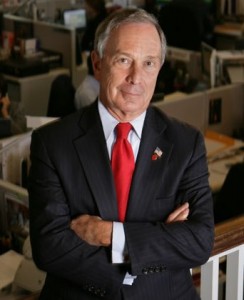Courtesy of Pam Martens.
It is close to five years since the Commodity Futures Trading Commission referred the Libor rate rigging matter to the U.S. Department of Justice. Yesterday was the first time the Justice Department brought a criminal charge in the matter – not against a U.S. bank where it would have a smoother road to prosecution, but against a Japanese subsidiary of the Swiss banking giant, UBS, and two of its former traders, Tom Hayes and Roger Darin.
The UBS subsidiary has received a deferred prosecution agreement, meaning it won’t be criminally prosecuted if it abides by the terms of the agreement, which includes not disputing the charges and continued cooperation. UBS paid global fines of $1.5 billion in the matter with the bulk of that money going to the U.S. Department of Justice. Hayes and Darin have been criminally charged in a complaint filed December 12, 2012 in Federal court in Manhattan. The complaint was unsealed yesterday.
What the complaint makes clear is that it should not have taken five years to bring these charges. The traders effectively handed the Justice Department a slam dunk case by documenting each maneuver to rig the international interest rate benchmark known as Libor via instant messages recorded on a Bloomberg computer terminal. There were thousands of these messages over at least a five year period. Three questions arise: did Wall Street engage in a legal battle to prevent the release of these communications on the basis of trade secrets or proprietary/confidential trading communications; did the Bloomberg business empire, owned by Michael Bloomberg, the Mayor of New York City, immediately turn over the instant messages when requested to do so; why did traders feel their criminal messages would be protected on a Bloomberg computer terminal?
Every Wall Street firm regularly sends a loud and clear message to its workers that nothing you do on your work computers will be considered beyond the bounds of the firm’s prying eyes. Compliance departments at Wall Street firms are regularly required to monitor emails and other electronic communications for signs of illegal conduct. Every registered employee of a Wall Street firm who has read a business newspaper in the last four years also knows that the first thing a regulator will do in a fraud probe is to subpoena the emails.
And yet, sophisticated interest rate swap traders at the biggest banks in the world routinely engaged in rate fixing communications over a five year period and their established method of communication was over the Bloomberg terminal, according to the U.S. Department of Justice. Hayes communicated in this manner with colleagues at UBS, with inter-dealer brokers and with traders at other large Wall Street firms.
…




